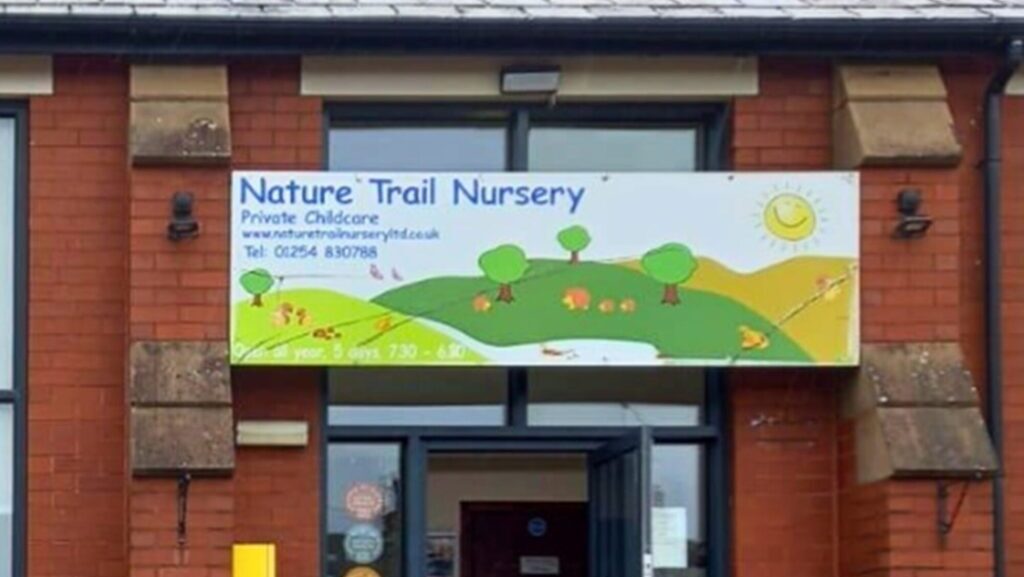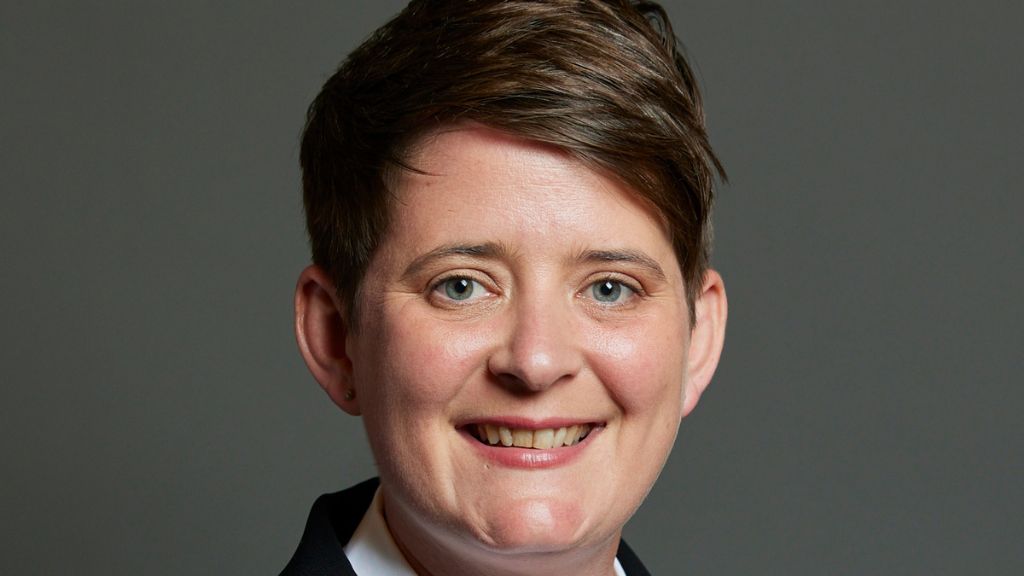Nursery group Partou has acquired Nature Trail Nursery Group which operates eight settings in Chorley and surrounding areas.
88% of Welsh nurseries expect to make a loss or break even
Nurseries across Wales are under increasing financial pressure from the cost-of-living crisis
National Day Nurseries Association (NDNA) Cymru has revealed its latest survey findings.
With staffing costs increasing in the average nursery by 15% from April, only 11.5% of nurseries expect to make any form of surplus in the coming year.
The vast majority of nurseries – 88% – either expect to make a loss or break even, with a quarter of nurseries expecting a loss. This is because 90% say their funding rate for the Childcare Offer for Wales of £5 per hour per child is just not enough to cover their delivery costs. The shortfall per child on just 20 hours of the Childcare Offer is £2,500 per year.
Minimum wages are going up by at least 10% from April, pushing up the average salary bill by almost 15% once they have factored in keeping differentials for qualifications and experience. Food, energy and other bills have skyrocketed since the £5 rate was put in place in March 2022 with food alone currently at 18%.
Despite their financial challenges, nurseries have managed not to put up parental fees by inflation, with the average fee increase around 7%.
Crisis continues
NDNA’s chief executive Purnima Tanuku said: “With providers suffering such financial strain, the Welsh government’s commitment to review their funding rates at least every three years is just not going to support the early years sector.
“Inflation is still extremely high and minimum wages rise in April so the £5 funding rate is just not sustainable for most of our nurseries in Wales. The Welsh government needs to commit to reviewing their funding rate for early education and the Childcare Offer on an annual basis instead to keep pace with rising costs.
“If nurseries cannot generate any surplus they are unable to invest in their quality of provision including staff training and resources. They want to give their children the best possible learning experiences but cannot do this if they are struggling just to survive.
“However, nurseries are recognising the difficulties that most households are also facing during this cost of living crisis and are working really hard to keep their fees as low as possible. We would like the Welsh government to recognise this and make sure the rate paid to providers is covering their costs so parents are not left picking up the shortfall.
“Nurseries and other providers are really struggling to recruit and retain their staff because they can’t pay them the wage they deserve. Many are just leaving to join the public sector or leaving education altogether. If the Welsh government is serious about expanding their offer to all two-year-olds, the funding rate must be fair and cover delivery costs.”
The 30 hours of the Childcare Offer for Wales is made up of a minimum of 10 hours of early education a week and a maximum of 20 hours a week of childcare. Many children take up their educational hours in schools, although some do all their 30 hours in a nursery setting.
Survey summary
Staffing costs:
- Average increase in staffing costs for nurseries: 14.7%
Parent fees:
- Average increase in parent fees: 7.4%
Business outlook:
- 88% of nurseries expect to make a loss or only break even
- 25% of nurseries say they expect to operate at a loss
- 63% only expect to break even
- 11.5% expect to be able to generate a surplus
Funding shortfalls:
- 90% of respondents now say that funding rates do not cover delivery costs – this is much higher than 69% in September 2021
- The estimated funding shortfall for 3 & 4 year-old places is £2.60 per hour
- This is much higher than the shortfall of £1.46 in 2021
- The proportion of Government to parent paid hours is now 38.6% Government 61% parent paid (in 2021 it was 36% to 63.7%)
- Funding shortfall for the average child on Childcare Offer for Wales (20 hours of childcare element) is £2,496 per year
Latest News
Ofsted has confirmed it will replace one-word judgements with a five-point grading scale from November, including a new “exceptional” grade.
Olivia Bailey, MP for Reading West and Mid Berkshire, has been appointed early education minister.




